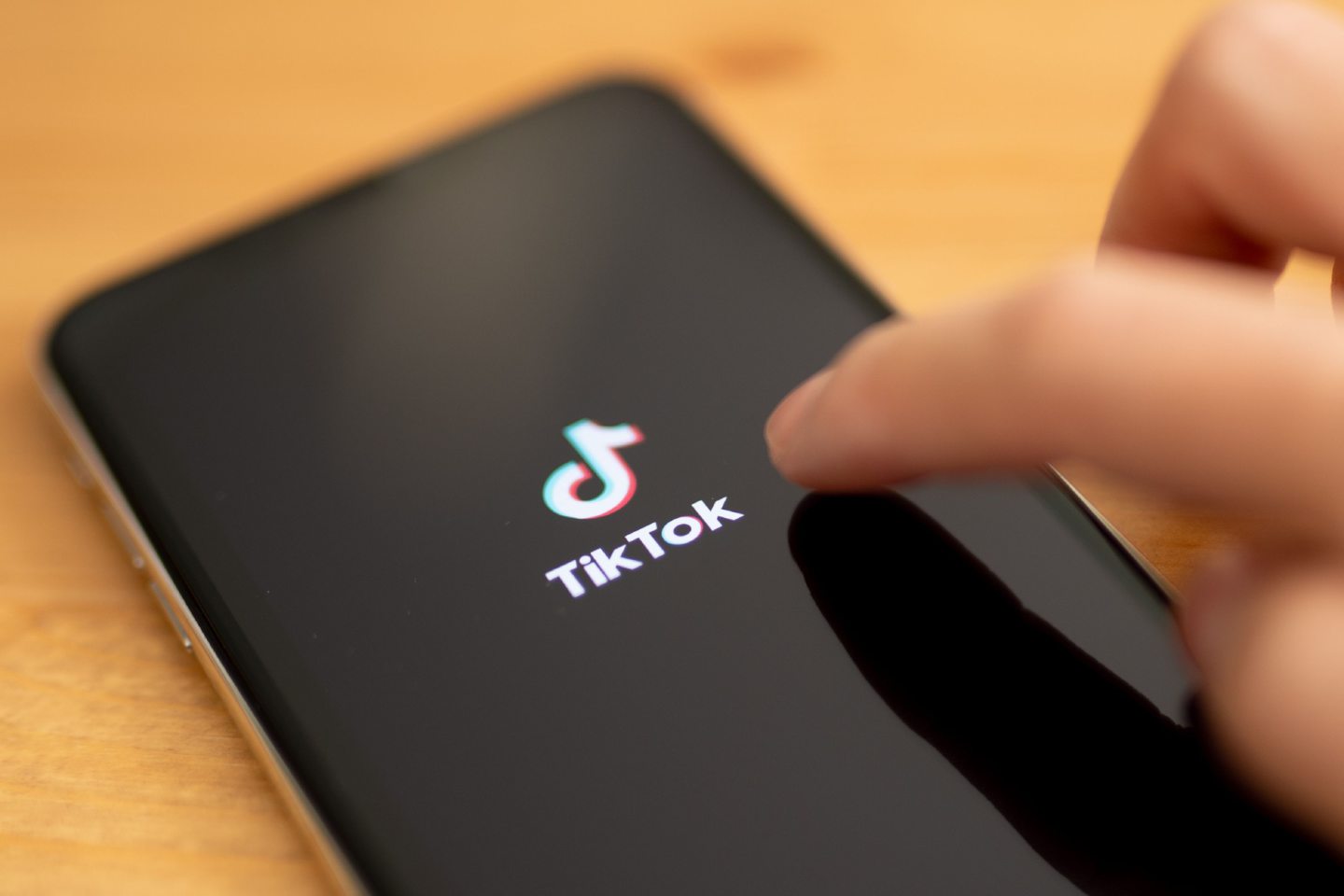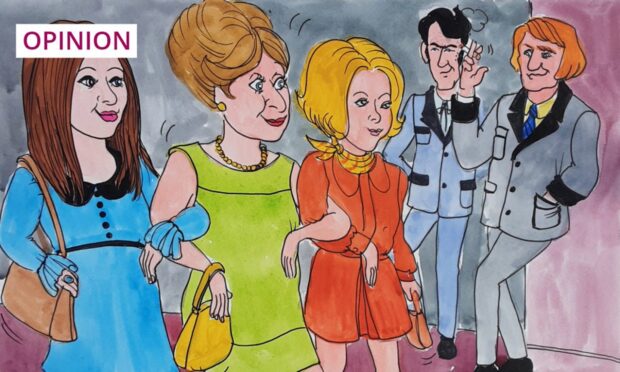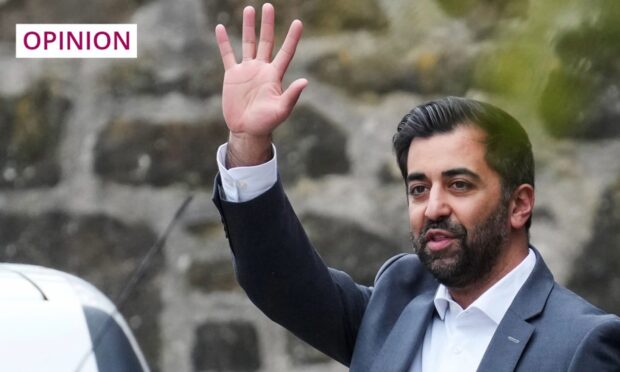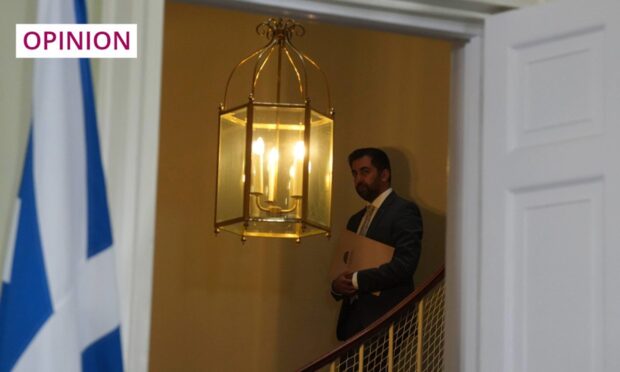Teachers are highly worried about changing behaviour among some boys, particularly towards girls, and we need to pay more attention, writes Chris Deerin.
There was something thrilling about the women’s rights rally that took place in Glasgow’s George Square on Sunday.
Hundreds of women, of all ages, and a healthy number of supportive men, turned up to loudly and passionately express their opposition to the Scottish Government’s transgender legislation. Seasoned campaigners were joined by first-timers, driven to the streets by Nicola Sturgeon’s one-eyed, ham-fisted attempt to ram through the controversial changes without a full and open national discussion.
Friends who attended, most of whom had previously engaged in the debate through social media and private conversation, spoke of a feeling of liberation and deep sisterhood – meeting people they had only known digitally, and cheering a range of speakers who fearlessly tackled a subject that too many politicians, corrupted organisations and aggressive trans rights advocates had sought to make taboo and, therefore, unarguable.

These were mainly Scottish women, and, therefore, there was a good dose of humour among the anger and the pain. There was much delight that, from the hordes of “furries” (if you don’t know what they are, Google them… carefully) in town for a convention, only one lonely bunny hopped along to join a counter-protest.
In one sense, it is staggering that women, after all the many steps towards improved rights across the 20th and early 21st centuries, are having to gather in 2023 to protect the basic tenets of what constitutes womanhood – and to protest that the state shouldn’t make it alarmingly simple for any man who feels like it to legally claim membership.
Sturgeon’s fundamental miscalculation on the latter issue has been illustrated dramatically by recent events in the justice system. That’s before we get to the insulting rise of terms such as “chestfeeders” and “menstruators” in public service literature and discourse.
A growing culture of toxic masculinity
We know that men have always been women’s problem. A day does not go by without a fresh example of male violence against women. We are still too far from equality in the workplace, the right to equal pay, affordable childcare, and from addressing the onerous, costly burden of emotional labour.
To all this can now be added the insidious revival of a familiar old foe: misogyny. You’re unlikely to have missed the case of Andrew Tate, a former kickboxer who became a YouTube and TikTok sensation.
Tate, who, along with his brother, is currently in custody in Romania as police investigate allegations of human trafficking and rape, drew huge audiences for broadcasts in which he claimed women are the property of men, belong in the home, and should be prevented from going out.
Posing with expensive cars and guns, he boasted of hitting and choking partners and argued that rape victims “bear responsibility” for their attacks. If a woman accused him of being unfaithful, he said: “It’s bang out the machete, boom in her face and grip her by the neck. Shut up, bitch.”
A pathetic, cynical, self-promoting cretin, perhaps, but also a hugely popular one – his videos have billions of views and have proved particularly attractive to school-age boys, something that has often been missed by parents who find it impossible to keep on top of their children’s online habits.
The shared argument is that a man’s rightful place in society and traditional masculine identity have been usurped and undermined by the achievements of feminism
This is part of a growing culture of toxic masculinity, also seen among alt-right supporters of the former US president Donald Trump, such as the Proud Boys, and the sub-group “incels”. Short for involuntary celibates, these are men who say they cannot attract romantic or sexual partners, and who have, therefore, become aggressively anti-woman.
The shared argument is that a man’s rightful place in society and traditional masculine identity have been usurped and undermined by the achievements of feminism. And this is before we get to the prevalence of easily accessible, extreme pornography.
Scottish Government must confront misogyny in schools
I’ve spoken to teachers in Scotland’s schools who are highly worried about changing behaviour among some boys, particularly towards girls. These pupils parrot Tate’s views, adopt a “macho” swagger, believe that men are superior to women, and use highly sexualised, derogatory language about and towards their female classmates.
The school climate which my youngest daughter currently endures is much changed from the one experienced by her elder sisters. Most of this is taking place in secondary schools, but I have also heard from primary teachers who are watching younger boys ignorantly aping the same dangerous attitudes.
We don’t yet know what the long-term consequences of all this will be – but they are unlikely to be benign. There have been reports of schools in England running courses in online misogyny so that teachers are better prepared to address the subject with their male charges.
A survey by the NASUWT teachers’ union found that 70% of female members had been victims of misogyny in their school, with more than half saying managers were not doing enough to tackle the problem.
The Labour MSP Katy Clark has urged the Scottish Government to do more to tackle this rising threat. The response has, so far, been rather tame, if not complacent.
Perhaps if ministers had put their energy into tackling misogyny rather than rewriting gender laws in a way that has bitterly divided the country, women would have rather less to protest about.
Chris Deerin is a leading journalist and commentator who heads independent, non-party think tank, Reform Scotland













Conversation